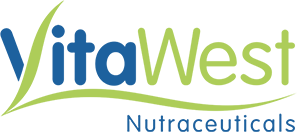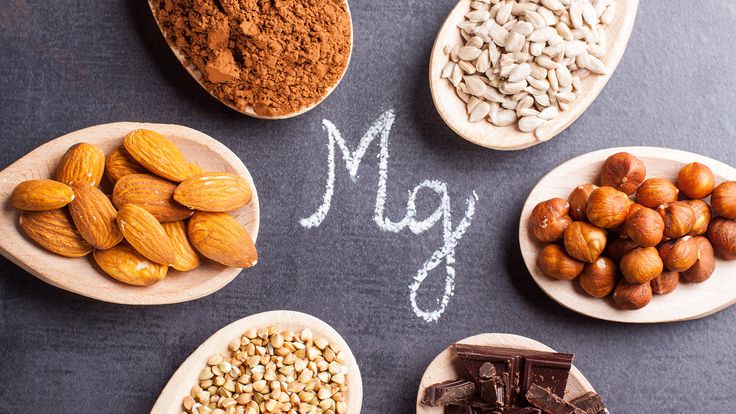In the realm of vitamins, one often overlooked yet immensely powerful nutrient stands out: niacin, also known as vitamin B3. Despite its humble reputation, niacin plays a crucial role in maintaining overall health and wellness, offering a myriad of benefits that extend far beyond its status as a simple dietary supplement.
Niacin is essential for the proper functioning of the body’s cells, particularly those involved in energy metabolism. It plays a key role in converting carbohydrates, fats, and proteins into usable energy, providing the fuel needed to power our daily activities. Without an adequate supply of niacin, the body’s energy production processes can become compromised, leading to fatigue, weakness, and a host of other symptoms.
But niacin’s benefits extend beyond energy metabolism. This versatile nutrient also plays a vital role in supporting cardiovascular health. It helps to lower levels of LDL cholesterol, often referred to as “bad” cholesterol, while simultaneously increasing levels of HDL cholesterol, or “good” cholesterol. By promoting a healthy balance of cholesterol in the bloodstream, niacin helps to reduce the risk of heart disease and stroke, two of the leading causes of death worldwide.
Furthermore, niacin has been shown to have powerful antioxidant properties, helping to protect the body from oxidative damage caused by free radicals. Free radicals are unstable molecules that can wreak havoc on cells, leading to inflammation, tissue damage, and accelerated aging. By neutralizing free radicals and reducing oxidative stress, niacin helps to promote overall health and longevity.
But perhaps one of niacin’s most remarkable qualities is its ability to support mental health and cognitive function. Research has shown that niacin plays a crucial role in the production of neurotransmitters, the chemical messengers that relay signals between nerve cells in the brain. By supporting neurotransmitter production, niacin helps to regulate mood, enhance cognitive function, and improve overall mental well-being.
Fortunately, incorporating niacin into your diet is easy. It can be found in a variety of foods, including meat, poultry, fish, nuts, and whole grains. For those who may not consume enough niacin through diet alone, supplementation is also an option. Niacin supplements are widely available and can be taken orally in the form of capsules or tablets.
In conclusion, niacin is a true powerhouse nutrient that deserves recognition for its remarkable contributions to health and wellness. From supporting energy metabolism and cardiovascular health to protecting against oxidative stress and promoting mental well-being, niacin plays a crucial role in keeping our bodies and minds functioning at their best. So next time you’re considering ways to enhance your health, don’t overlook the humble yet mighty power of niacin.







